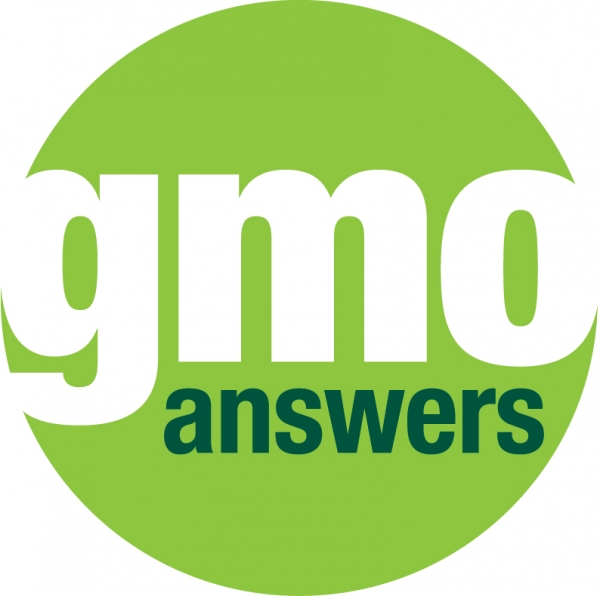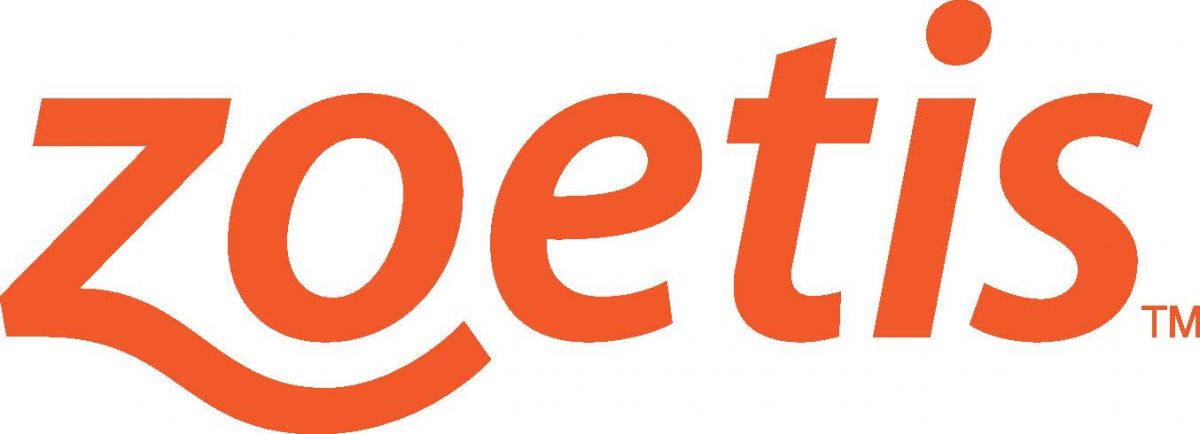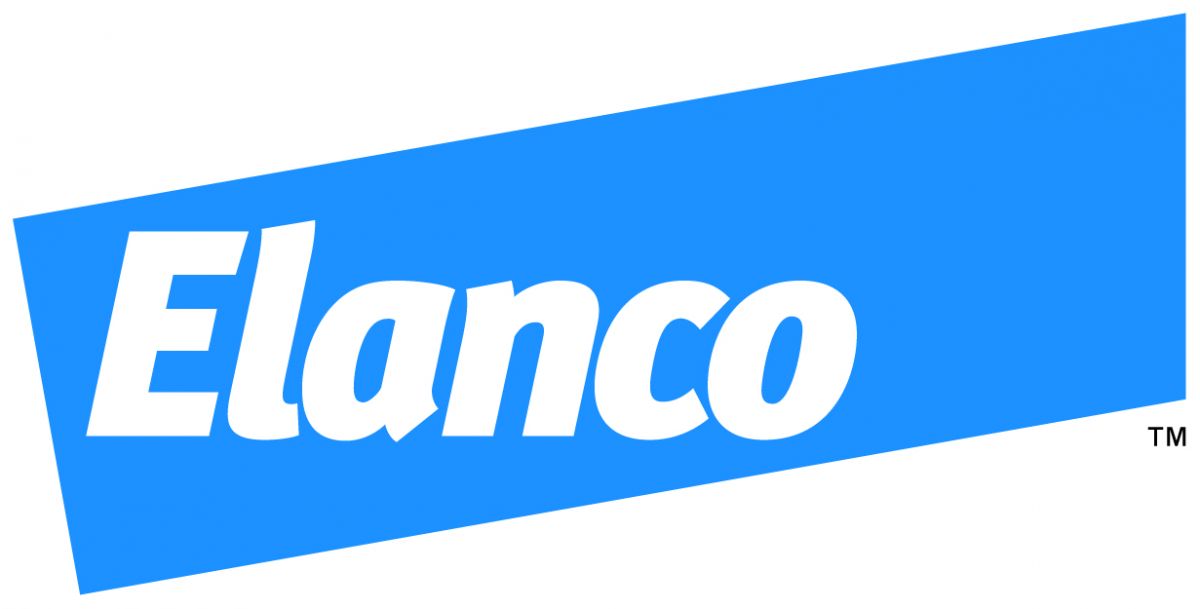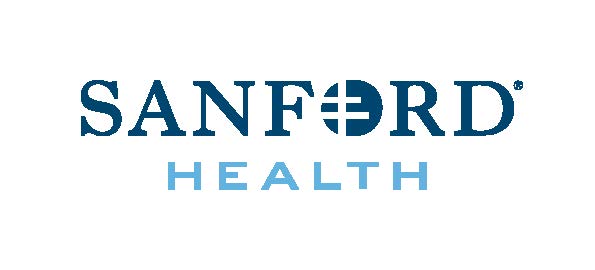September 16-18, 2014
Sioux Falls Convention Center, Sioux Falls SD
Can you imagine a world in which:
- Cattle do not require antibiotics because they naturally are resistant to bacterial infections?
- Chickens are resistant to avian flu and cannot pass it along to humans?
- Pigs are more environmentally friendly without changing any production practices?
- Heart healthy salmon can be raised locally and sustainably anywhere in the US?
- Cures to life threatening diseases are discovered quicker and for less cost using advanced animal models of human diseases?
- Critical organ transplant patients have an abundant supply of transplants available through animal organs specifically designed to not be rejected by the immune system?
Monday, September 15, 2014 |
|||
|
1:30 pm – 9:30 pm |
Tour of South Dakota State University and Brookings, SD Area Facilities
An optional pre-Summit tour of South Dakota State University’s facilities and campus in Brookings, SD. Participants will take a bus to visit the Research Park, Prairie Aquatech, several animal facilities at SDSU, and McCrory Gardens for dinner with researchers.
For more information and to RSVP, email William Aylor at William.Aylor@sdstate.edu. |
||
Tuesday, September 16, 2014 |
|||
|
All Day |
Registration & Table Top Displays |
||
|
7:00 am – 8:00 am |
Networking Breakfast |
||
|
8:00 am-12:00 pm |
Building Public Acceptance Increasingly, Americans are asking questions about how their food—where and how was it produced, what’s in it, and as importantly, what’s not. As our technology prepares to move onto the consumer’s plate, success will be determined by the level of public acceptance. These session focus on the need for us to communicate in ways never before demanded of us. |
||
|
8:00 am – 8:45 am Sponsored by:
|
Dr. Cathleen Enright, Executive Vice President, Food and Agriculture, BIO "GMOs - Changing the Conversation" For more than a decade groups opposed to the agricultural use of biotechnology owned the digital and social media space, raising concerns about seed developers and their products and filling the information void with material meant to mislead consumers looking for answers. Cathy Enright will share how the seed developers began to change consumer perceptions by creating “GMO Answers” (gmoanswers.com) an open, transparent dialogue about GMOs and how our food is grown. |
||
|
8:45 am – 10:15 am Sponsored by:
|
Distilling Your Message on Animal Biotechnology
Expert communicator, Christie Nicholson, will lead an interactive plenary session followed by small, invite-only, group break-out workshops in the afternoon to help participants craft vivid, compelling messages to describe what they do and why it matters, in terms non-scientists will understand and appreciate. General principles on how to develop short, clear, conversational statements will be covered.
Christie Nicholson, Alan Alda Center for Communicating Science |
||
|
10:15 am – 10:30 am Sponsored by:
|
Networking Break |
||
|
10:30 am – 12:00 pm Sponsored by:
|
Meeting Global Demand for Animal Protein: How to Build Trust and Confidence with Consumers
Farmers already face many production challenges, including changing climates, diseases, animal welfare, high production costs, and environmental concerns. In a world with a rapidly growing appetite for animal protein, the challenge to feed people while being able to explain the technologies needed to do so loom large. Learn how to build trust and confidence with consumers about animal protein production.
Panel
Moderator: Cathleen Enright, BIO
|
||
|
12:00 pm – 1:00 pm |
Networking Lunch |
||
|
1:00 pm - 4:45 pm |
|
Care and Use of Agricultural Animals
The care and use of agricultural animals in research and biomedical settings, as well as in food production, is an increasingly important topic. These sessions will examine this topic from a biomedical and a food production perspective, discussing regulatory and commercial requirements.
|
|
|
1:00 pm – 2:15 pm Sponsored by:
|
Care and Use of Agricultural Animals: Research and Biomedical Applications
Learn how to interpret regulations and apply care and use standards for livestock used in agricultural and biomedical research. Experts from government, academia and accreditation will discuss the regulatory environment related to animal care in the context of research and biomedical applications.
Panel
Moderator: Jerry Pommer, SAB Biotherapeutics
|
||
|
2:15 pm – 2:30 pm Sponsored by:
|
Networking Break |
||
|
2:30 pm – 4:45 pm Sponsored by:
|
Care and Use of Agricultural Animals: Food Production
Consumers today are asking more and more questions about animal welfare and the methods used to raise their food. Retailers are responding by more closely scrutinizing animal care on farms. Panelists from the value chain and auditing firms will discuss key challenges, what auditors are being asked to do, and how farmers are impacted.
Panel
Moderator: John McGlone, Texas Tech University
|
||
|
4:45pm - 5:30pm |
Keynote Address by Dr. Richard Raymond "Agriculture Needs Safe Technologies to Feed a Growing and Hungry World (Perception Vs. Reality)"
Dr. Raymond is the former undersecretary of agriculture for food safety at the United States Department of Agriculture (USDA). His keynote will focus on the importance of technologies that are safe for animals, humans and the environment to achieve food security and how we must communicate better about technology to dispel the many erroneuos myths and perceptions on the internet and in other media.
|
||
|
5:30 pm – 7:00 pm Sponsored by:
|
Welcome Reception |
||
Wednesday, September 17, 2014 |
|||
|
All Day |
Registration & Table Top Displays |
||
|
7:00 am – 8:30 am Sponsored by:
|
South Dakota Governor's Breakfast
James Greenwood, President and CEO of the Biotechnology Industry Organization, will introduce South Dakota Governor Dennis Daugaard. Governor Daugaard will then welcome attendees to South Dakota and the 2014 BIO Livestock Biotech Summit.
|
||
|
8:30 am – 10:00 am Sponsored by:
|
New Technologies to Improve Animal Production and The Potential for Commercial Success
Applying the tools of biotechnology to animal production presents many business opportunities. However the ability to harness these tools depends largely on government regulation and commercial acceptance. Experts from academia and business will discuss the complex environment of bringing research to commercial reality.
Panel
Moderator: Mark Allan, Trans Ova Genetics
|
||
|
10:00 am - 10:15 am |
Networking Break
|
||
|
10:15 am – 12:00 pm Sponsored by:
|
New Challenges and Opportunities for the Final Link in the Food Animal Value Chain
Increased consumer attention to food production and processing can drive sourcing, marketing, and other business decisions along the food animal value chain. This panel will discuss the opportunities and challenges in using technology to produce animal protein.
Panel
Moderator: Mark Allan, Trans Ova Genetics
|
||
|
12:00 pm – 1:00 pm |
Boxed Lunch and Travel by Bus |
||
|
1:30 pm – 4:00 pm |
Tour of Local Facilities EROS Satellite Data Center/Strawbale Winery (bus leaves 1:30 pm)
Attendees have the opportunity to tour Trans Ova Genetics, a local animal biotechnology company, or the EROS Satellite Data Center and Strawbale Winery, local attractions in the Sioux Falls area. Transportation to the facilities will be provided. Please indicate your tour preference as space is limited.
|
||
|
5:30 pm – 7:30 pm Sponsored by:
|
South Dakota Reception
The Sanford Health Reception will feature a “Taste of South Dakota” and tours of Sanford's corporate and research facility in Sioux Falls. The Sanford Center serves as the corporate headquarters for Sanford Health, the largest rural not-for-profit integrated health care system in the nation, with operations in nine states and three countries. Bus transportation will be provided from the event hotel.
|
||
Thursday, September 18, 2014 |
|||
|
All Day |
Registration & Table Top Displays |
||
|
7:00 am – 8:00 am |
Networking Breakfast |
||
|
8:00am - 8:45 am |
Leveraging Research Funding in Animal Biotechnology
Research and development of products using the tools of animal biotechnology requires streams of funding from several sources which vary according to the stage of development. This presentation will highlight the link between agriculture and human health and how agricultural research programs can support healthy outcomes in people, plants, and animals. The funding for basic research is a vital first step so that this knowledge can be further leveraged into development of products that improve food security and animal and human health.
Sonny Ramaswamy, Director of USDA's National Institute of Food and Agriculture (NIFA) |
||
|
8:45 am – 10:15 am Sponsored by:
|
Intellectual Property: Value to Animal Biotechnology
Intellectual property rights are vital to developers of biotechnology applications and can be their most valuable assets. Collaborations by businesses, universities, and others in development of high tech applications may hinge on the agreements involving intellectual property. This panel will discuss the significance of intellectual property rights to animal biotechnology development, and the current events impacting these rights.
Panel
|
||
|
10:15 am – 10:30 am Sponsored by:
|
Networking Break |
||
|
10:30 am – 12:00 pm Sponsored by:
|
Human and Animal Health Solutions
Animal biotechnology holds great promise for addressing human and animal health through solutions tailored and most appropriate for a specific condition. Panelists will outline human and animal health challenges and relate their quests to find solutions.
Panel
Moderator: John Swart, Exempler Genetics
|
||
|
12:00 pm – 1:30 pm |
Food and Biomedical Regulatory Pathway – Will the Current Regulatory Paradigm Enable This Promising Technology?
Applications of animal biotechnology to improve food production and solve biomedical problems are powerful, but many of these are in developmental limbo with unclear regulatory paths to commercialization. This panel will discuss the current regulatory paradigm in the context of where we were and where we go from here to ensure the technology remains in reach for both food and biomedical applications.
Panel
Moderator: Eddie Sullivan, SAB Biotherapeutics
|
||
|
1:30 pm – 2:30 pm |
Keynote Luncheon Address by Dr. Jim Murray GE Animals: Where do we go from here? Jim Murray, University of California at Davis
Transgenic or genetically engineered livestock were first produced almost 30 years ago, but there are still no approved GE animals for use in agriculture. The delay in adoption of this technology is likely to have a significant impact on the world’s ability to feed an ever increasing population. In the keynote luncheon, Dr. Murray will address some of the advances, opportunities, and challenges impacting the application of these technologies for the advancement of animal agriculture.
|
||









